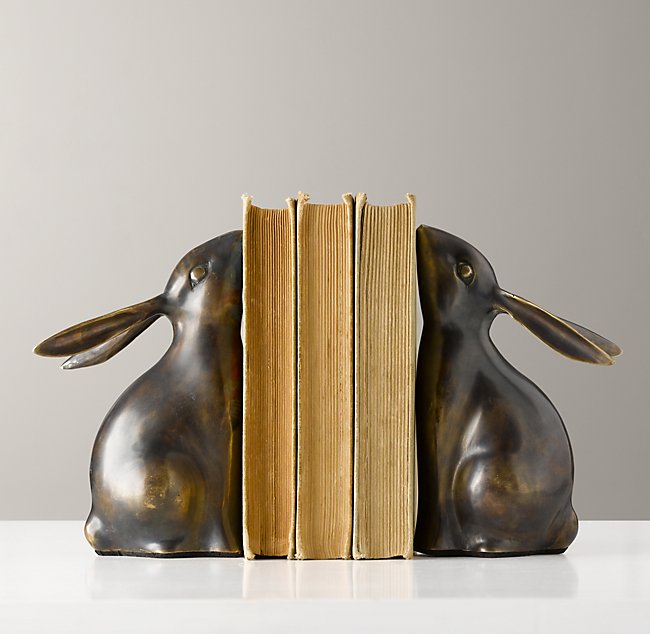 |
| Source |
Change. Impermanence. Count on it.
During the past few months, I have meditated on the concept that nothing stays the same; it has almost morphed into a daily game to see something become useless or end, and something new appear. Sure enough-- not a day goes by without newness. |
| Source |
Humans are born 'hard-wired' to create routines and seek comfort over discomfort. Once effective patterns for survival are met, we expand our search for pleasures, achievements, relationships. The 'expansion' phase is uplifting, often including our deepest relationships, and enduring life satisfactions. But, as Munindra taught: "Sooner or later, everyone has to be separated from all dear ones. For this we have to be ready always. This is the law of nature."
Living life fully, under any condition
 |
| Author image |
In Buddhist thought, there are eight unavoidable worldly conditions known as Astha Loka Dharma. Read this 'bookends' list of expansions and contractions, and tell me if you put checkmarks by each, as I did:
- praise and blame
- gain and loss
- honor and disrepute
- happiness and misery
Calming the fevers of grief
Grief can arise with any significant change. There is no easy path to ease the suffering other than eventual acceptance and even-mindedness. Often called equanimity or upekkha in Buddhist teaching, this neutral feeling may seem unnatural in Western culture. The swan dive from joy to misery, from life to death can easily cause a surge of adrenaline, intense emotions and some form of suffering. But the more you can seek out calming practices, the more balance of mind is restored.- Be aware: when you feel an emotional surge, instead of flipping out, flip a switch to become aware that you have choices.
- Focus: take a breath, state a key word or phrase that reminds you to choose even-mindedness. My mantra is Let it be.
- Time out: it's time for a meditation.
- There are apps that you can use to meditate 'discreetly and briefly' at your work (no matter what work you do!) like Headspace or Buddhify.
- If you don't have a go-to practice, begin with a guided meditation; it will guide your focus away from the painful emotional surge. Think of it as a lifeline: just hang on.
- Guided practice doesn't have to be complicated; I highly recommend a Metta meditation (click on the link) described by the Metta Institute as 'recit[ing] specific words and phrases evoking a "boundless warm-hearted feeling."' This is called a loving-kindness meditation and truly imparts that embrace. Breathe and speak (or think) the words slowly and sink into the intention; I have used this through tears, stroking my own hand or cheek, or holding a precious memento:
May I be happy. May I be well. May I be safe. May I be peaceful and at ease.
- Walking in nature is also a soothing practice. Note your sensations and surroundings- like the air current on your skin, a wispy cloud, a wildflower, a bird call, butterfly or busy ant hill.
 |
| Author image |
- Turn to other calming practices such as crafting, arts, music, or journaling but avoid drugs or alcohol during this spike.
Thank you for caring!
Follow these links to read more on these themes:
The 4 Immeasurables for condolence to a Buddhist friendCompassion and Condolence: finding the words to walk together
Listen! A gift received, a gift given
The physics of intuitive compassion: Albert Einstein had it right!
Responding to tragedy: a million pieces of grief

